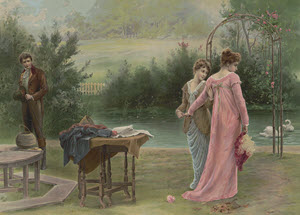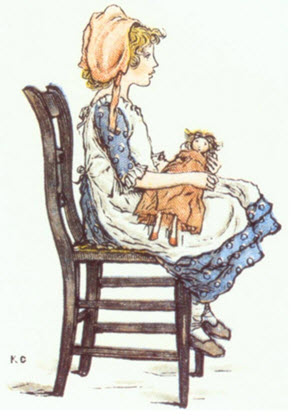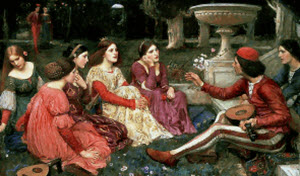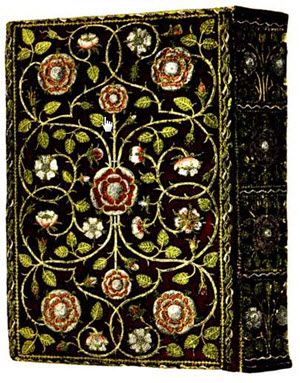EDGAR ALLAN POE - Part 17
It is no wonder that in a year the subscribers to the magazine increased from eight thousand to forty thousand. But Poe was still restless. In 1841 he tried unsuccessfully to get a sinecure at "Washington,-a course suggested to him by a friend. He still dreamed of an independent magazine. He hailed Lowell's short-lived Pioneer, and began with Lowell the most disinterested literary acquaintance which graces his correspondence. When Lowell 7 s eyes failed and his magazine fell into debt and died, Poe wrote to him: " As for the few dollars you owe me, give yourself not one moment's concern about them." The decease of the Pioneer, said Poe, would be a blow to the cause of Pure Taste.
For all Poe's increasing reputation he could not induce the publishers to undertake a new edition of those tales which modern publishers in every country reprint many times. And it was at this period that tragedy, which the artist had pursued with haunting speculation, entered the house of the man. Virginia ruptured a blood-vessel, and for several years lived on the verge of death. Poe suffered actual or imaginative sorrow for her death a dozen times before she was finally taken, and under the strain his will showed all its weaknesses. One may say that for ten years his fight upward had been not unsuccessful, and from now on he showed more and more his infirmities of character and body. The artistic record of his sorrow may be found in the story of Eleanora's death in "The Valley of the Many Colored Grass." The somber beauty and melancholy rhythm of the prose bring us nearer than most of Poe's writings to the affectionate interests of the heart. It was written before Virginia's death, and was published in 1842. The analysis of the dreamer's mind is in some degree auto biographic, and the opening sentence of the narrative is close to fact: "She whom I loved in youth and of whom I now pen calmly and distinctly these reminiscences was the sole daughter of the only sister of my mother, long de parted. "
In April, 1842, Poe ceased to be editor of Graham's. The story goes that, while Poe was away for a short time, Graham put in his place the Rev. Dr. Eufus W. Griswold. Poe, coming back, found Griswold in his chair, waited not for explanation, but left the office for ever. This is said to be Graham's account, given thirty years later. Graham remained faithful to Poe, and wrote one of the warmest defences of him.
This Rev. Mr. Griswold has an important place in Poe's life and in his " Lives." The nub of the matter is that biography is usually born in eulogy. A man dies, friends and family issue the long funeral sermon called the official life and letters. Later biographers ex amine, criticise, and finally shave the sermon down to facts, from which each biographer constructs a new essay in interpretation. It was Poe's lot to have, by his own appointment, an official biographer who by training and temper was incapable of understanding him in a large way, but who had most of the facts in document. Griswold was a Baptist minister turned litterateur, and was a tire less compiler of anthologies which might have been called " Who's Who in Literature." Poe, like many other true poets, was a zealous advertiser of his literary wares, and kept on good terms with Griswold in order to get a place in Griswold's popular compendiums of Parnassus. He furnished Griswold with a mendacious biographical sketch, and he pretends that Griswold asked him to review the book and offered to "place" the review, and that this was, of course, a bribe from Griswold for a puff.




